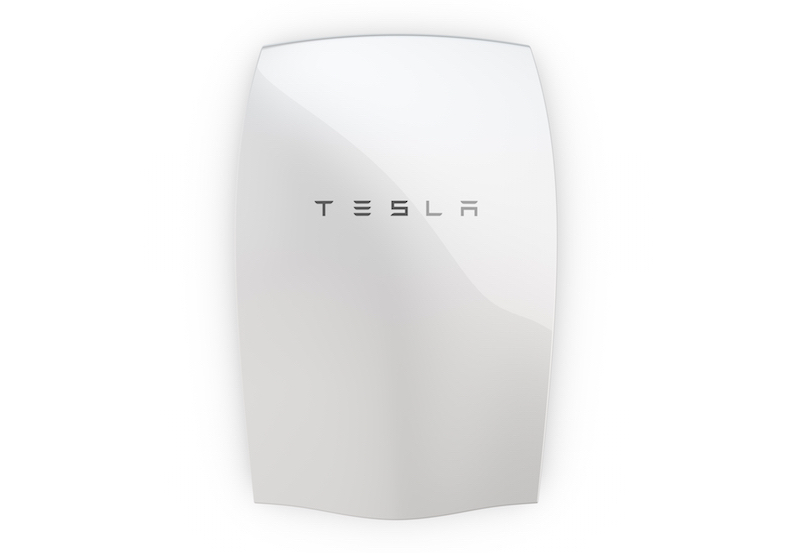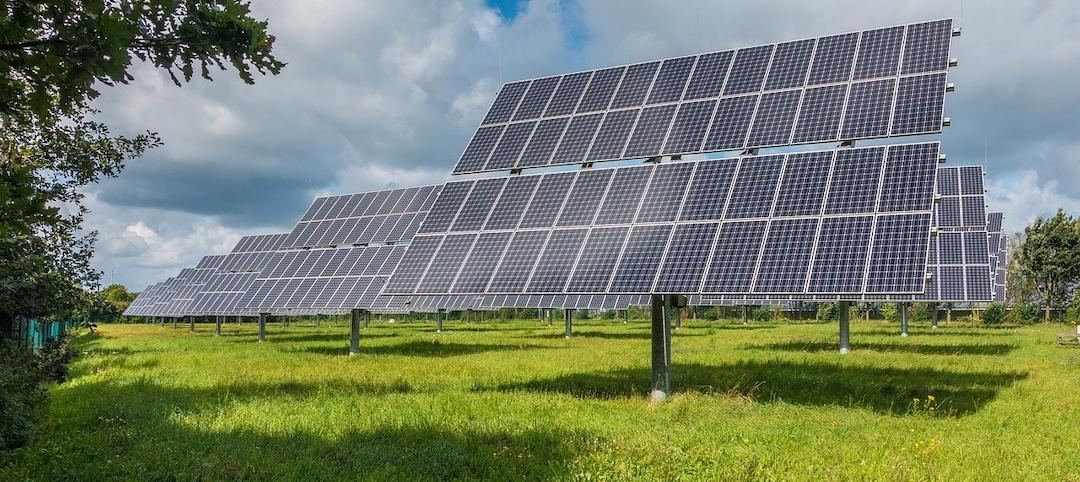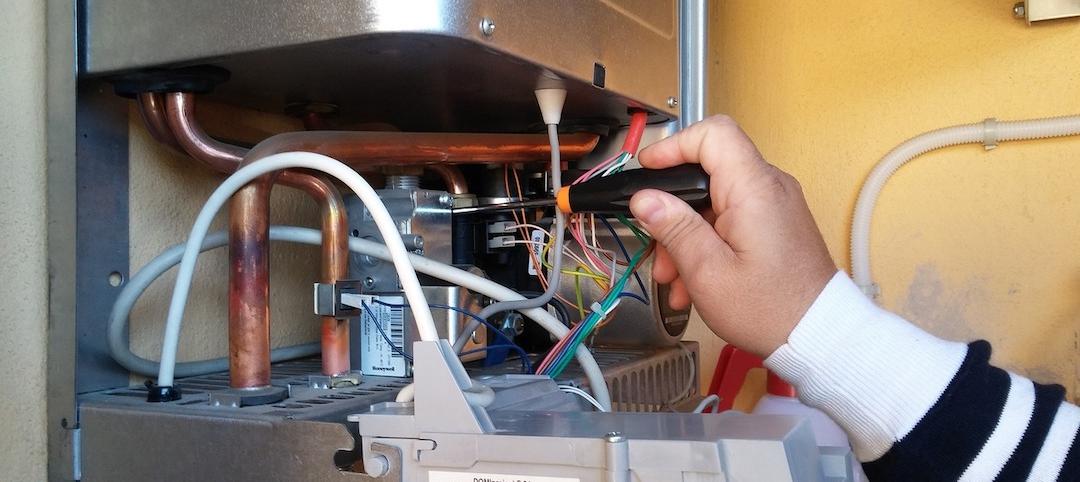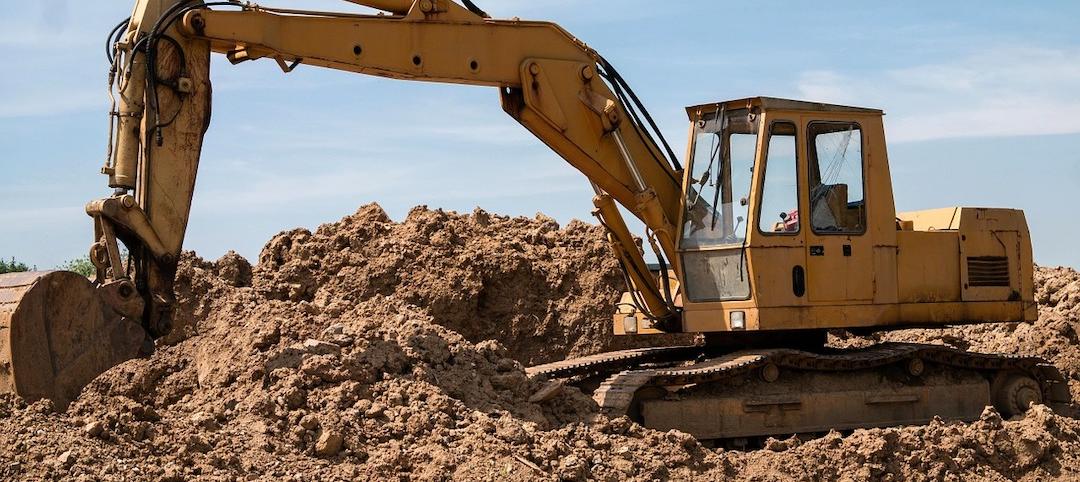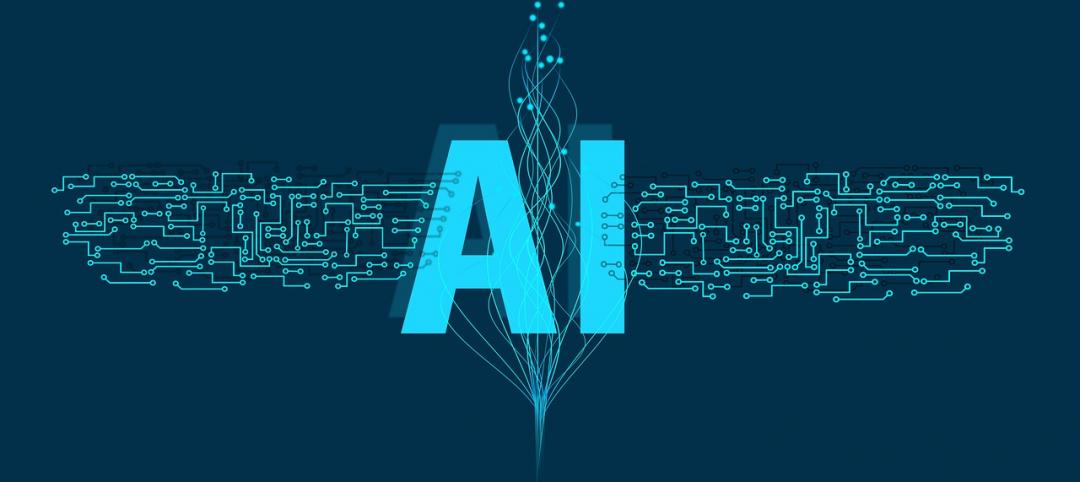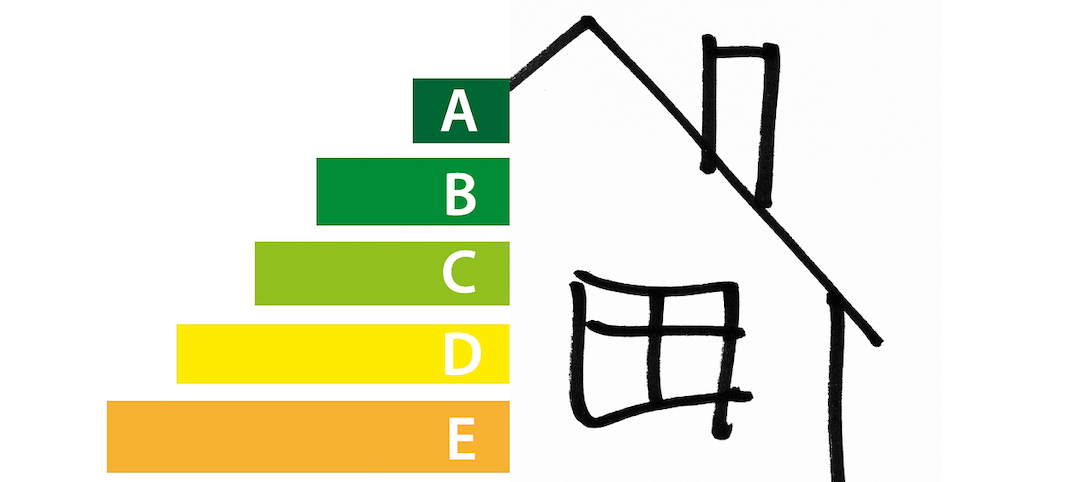A California developer believes grid-connected batteries represent the next step in advancing electric efficiency standards on its development portfolio.
The Irvine Co. and Advanced Microgrid Solutions recently installed 16 Tesla PowerPack battery systems at an office tower. It was the first installation in what will be a fleet of Irvine Co. Hybrid-Electric Buildings that will be used for grid support by Southern California Edison.
The hybrid-electric building, as an Irvine executive calls it, charges its battery system on off-peak hours and later discharges the battery during times of peak energy use. This reduces the energy drawn from the electricity grid during peak periods.
The result is lower electricity costs (10% savings or more) and a more stable and flexible electric grid. With large users drawing power from batteries during peak times, utilities can avoid starting additional power plants to serve peak loads, thereby reducing associated greenhouse-gas emissions.
Battery storage can also be combined with photovoltaic panels, providing additional cost savings and environmental benefits.
Related Stories
Codes and Standards | Nov 29, 2021
Ithaca, N.Y., votes to electrify, decarbonize all its buildings
First initiative of its kind in U.S.
Codes and Standards | Nov 29, 2021
FAA seeking design of air traffic control towers of the future
Call for design submissions for safe, efficient structures.
Codes and Standards | Nov 28, 2021
Efficient electric water heaters in multifamily buildings significantly reduce carbon emissions
In buildings with 5+ units, water heating uses more energy than space heating, cooling, or lighting.
Codes and Standards | Nov 23, 2021
New York’s Labor Law Section 240 and how it affects general contractors
The ‘Scaffold Law’ was first enacted by the New York State Legislature in 1885 and is one of the single most-used laws in construction accident cases.
Codes and Standards | Nov 22, 2021
ABC’s Construction Technology Report finds focus on solving operational problems
More than half rely on project management software.
Codes and Standards | Nov 22, 2021
Contractors say 811 utility location system has significant flaws
More than half of firms in survey report damages, near misses because lines were unmarked or marked incorrectly.
Codes and Standards | Nov 19, 2021
Creating net-zero/net-positive buildings is top priority in Green Building Trends 2021 report
Findings also demonstrate compelling business case for building green.
Codes and Standards | Nov 19, 2021
Construction Startup Competition 2021 awards highlight tech innovations
AI-powered software to identify and explain critical issues in construction contracts takes top prize.
Codes and Standards | Nov 18, 2021
Infrastructure bill contains $5 billion for energy efficiency in buildings
Wide range of programs to reduce energy use, improve materials, train workers.
Codes and Standards | Nov 17, 2021
Skanska will provide embodied carbon assessments on all new projects over 53,000 sf
Will use the Embodied Carbon in Construction Calculator it helped create.


